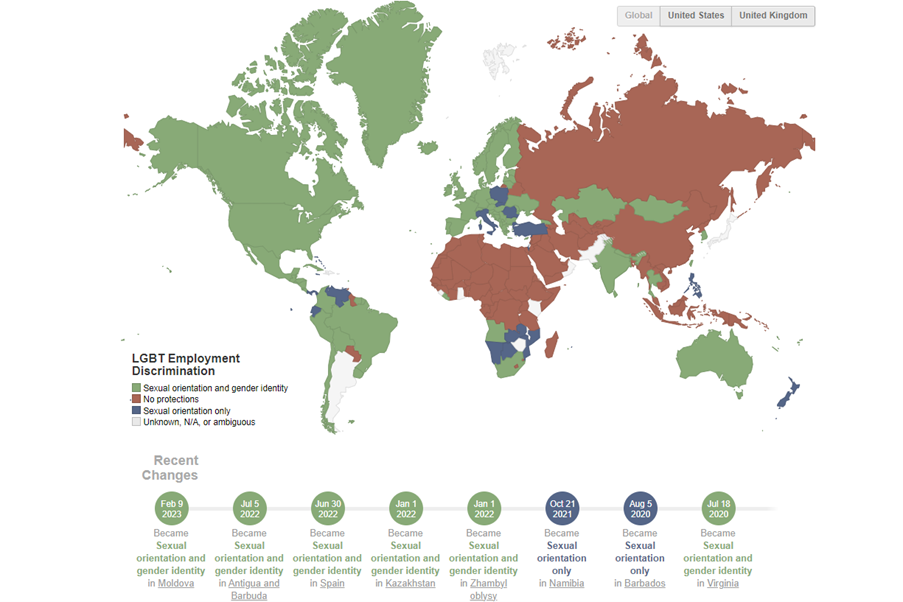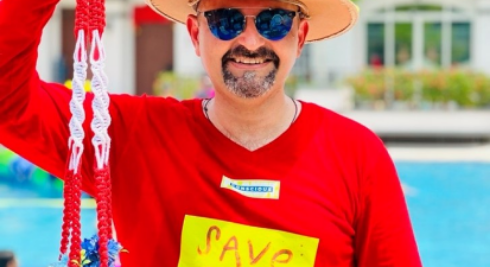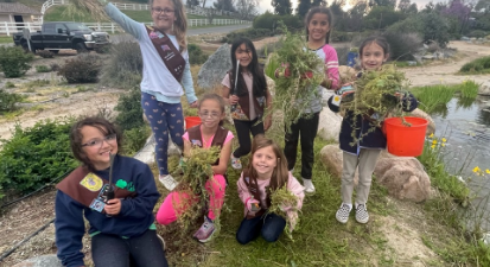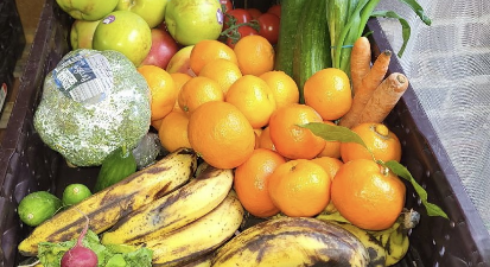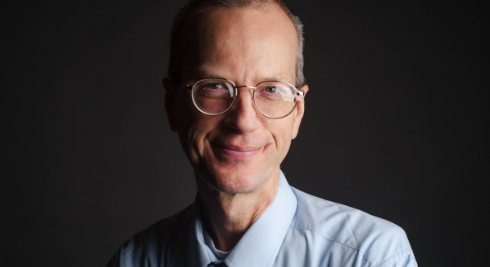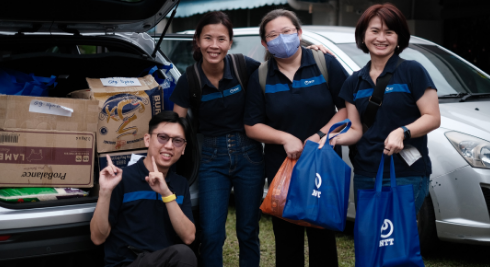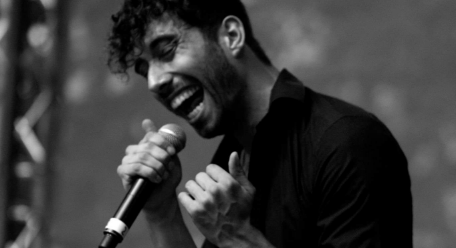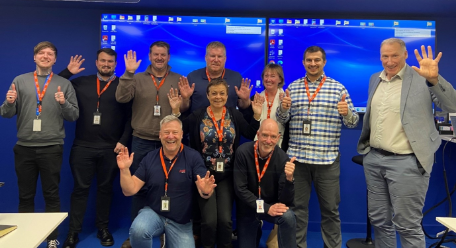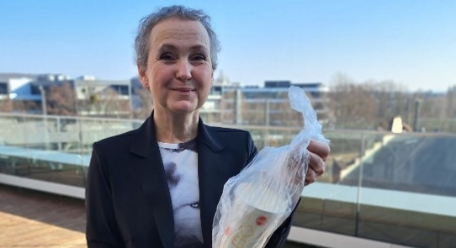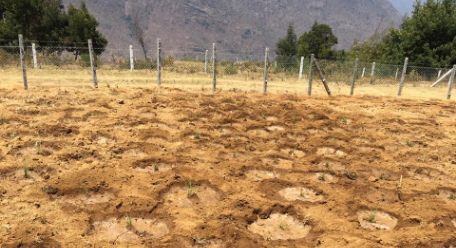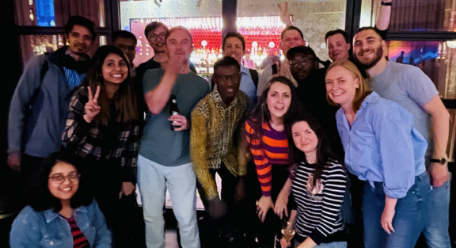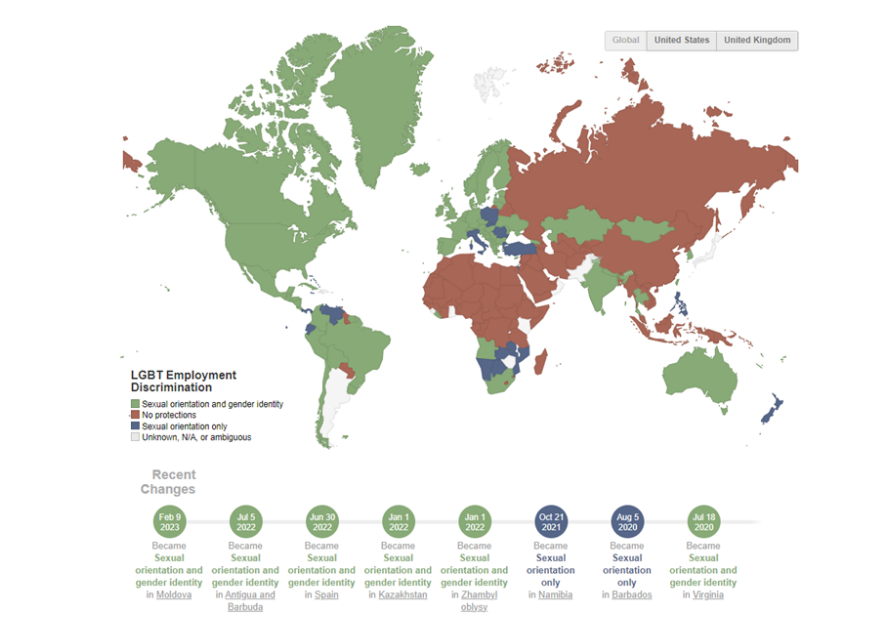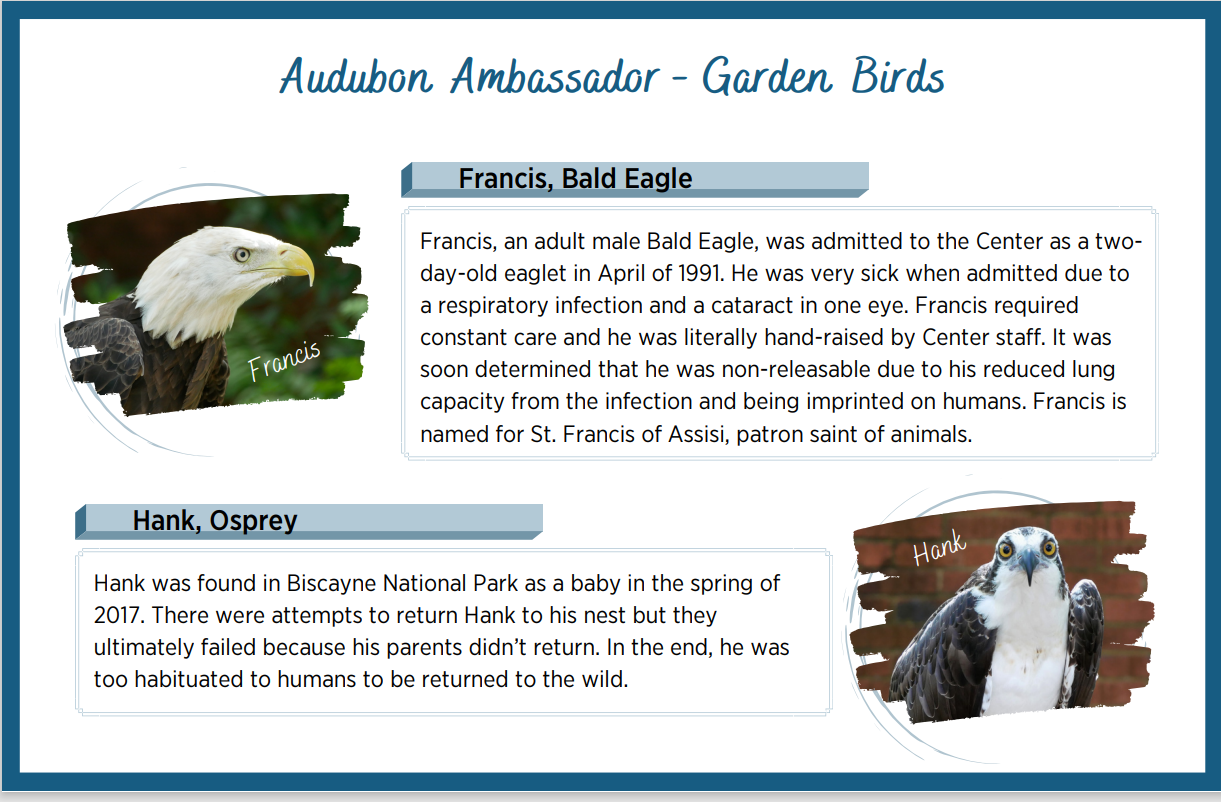Let’s Talk: Sustainability Celebrating Diversity
It is hard to believe that in some countries today it is still illegal to be gay. In fact homosexual activity
remains illegal in 70 countries - only 65% of people living in United Nations countries can now be considered in
legally consenting, same-sex relationships (Source: Forbes). That seems pretty shocking. Companies are more actively promoting inclusivity
and yet attitudes take time to change. According to the Equality Index, many countries around the world still
offer no protection for LGBTQ+ employees from workplace discrimination, as shown in the map below.
The Yogyakarta Principles were
first developed in 2007 as recognition grew for the need to acknowledge and protect LBTQ+ human rights. It
promised a future where, “all people born free and equal in dignity and rights can fulfil that precious
birthright”. In some countries that still remains an aspiration rather than reality.
These are the stories of two employees at NTT in the UK leading the force for change as they look to educate
others and provide a safe workplace for a diverse workforce.
Can you tell me more about your experiences?
Gareth
When I first joined NTT DATA we were very small in the UK, I was employee #29, nine years ago, and now
we are over 3,000 people strong. I was not ‘out’ in the workplace. It just wasn’t part of the
conversation. One day my boss asked me when I was going to set up an LGBTQ+ network. He said, “we all
know so why don’t you think about setting something up?” Now it’s a standard part of life in business
but it wasn’t back then. Now we have a load of Gen Z’s who have grown up with LGBT as standard.
Pragna
I’ve been heavily involved in DEI for the past decade. I grew up in southwest London and, although I
have some amazing memories of my childhood, I also have some difficult memories of feeling isolated and
feeling as though I’d be rejected if people knew about my sexuality. I stayed "hidden" for many years,
which took a toll on my mental health. Ten years ago, I joined a charity and as part of my induction was
introduced to the LGBT network. This was a first in my career. I loved the warm, friendly people I met
and finally felt free to be my authentic self. When we became NTT Ltd, I saw we didn’t really have
anything like this in the workplace so that spurred me on to help set up the NTT Pride Alliance to
increase awareness and help create an inclusive culture. Today I’m most proud of my own coming out
journey, my South Asian heritage, being a first-generation British Asian and my voluntary work in the
DEI space.
How have you been able to open up the dialogue on diversity at NTT?
Pragna
We set up the Pride Alliance Network at NTT in 2020. Together with Michelle McGuire as Global Leads, we
started to build the team across the regions. It’s challenging in some areas and culturally sensitive,
especially in some regions / countries where we operate, but the key thing is we are here if our
employees need some support and someone they can talk to and understand how they’re feeling. We have 60
members today inclusive of allies and community members and we launched a buddy support program so
anyone can join and support LGBTQ+ community members and / or allies in their journey. We run live
events (e.g. coming out in the workplace, the importance of allyship) with another session planned for
June Pride month. We’re continuing to look for opportunities to raise awareness and ensure our workplace
culture is inclusive, such as reviewing our health benefits, updates to policies, inclusion of pronouns
in tools / systems and offering guidance where it is needed.
Gareth
Recently a trans colleague joined us and this colleague is coaching us through it. It can be as simple
as having an answer to, “where can I go to the loo?” We fixed that and now all our offices have gender
neutral bathrooms and we’ve updated the pronouns fields in our systems. We need more people to be aware
of different needs and educate to ensure sexual orientation and gender identity are not issues.

Thinking about sexual orientation especially, do you still face issues today?
GI grew up in the UK at a time when Section 28 of the local government group
was still in law. This meant it was illegal for a government institution to include education to promote
homosexuality as a positive lifestyle choice so when I was going through school and my degree I was part of a
generation who grew up where there was no discussion formally allowed. I marvel at Gen Zs who don’t have that
hangover. For Gen X’s there is still a lot of that hangover with institutionalized and internalized homophobia
so I think it’s very important for the 40+ year-olds fighting against something you grew up with or lived
through.
PWhen I joined the company I was in the kitchen and some colleagues were
playing pool when one suddenly shouted, ‘that’s so gay’. I normally would have let it slide but that really
triggered something in me and hearing it used in a derogatory way was very hurtful. I spoke to my Manager who
dealt with it quickly and respectfully. Language is so important. We also did a live virtual event on this, to
bring about awareness on the use of inclusive language. I really wish there didn’t have to be a network because
it shouldn’t matter who I am. The good news is support for the LGBQT+ community is genuine at NTT because team
members from all over the company actively get involved in our events. Everyone here is open to the idea of
expanding their learning and awareness which results in people feeling able to share their ideas and stories
openly.
GEquity is critical. We know that not everyone has the same starting block and
we all recognize that. Sexual orientation is not the first thing you see in someone and it’s really such a small
part of the whole person yet it can have a huge impact. Hiding your true self is exhausting and creates
self-doubt and fears over coming out when you should just be able to be you.
Where do you go from here and what comes next?
PContinuing to grow NTT Pride Alliance, increase awareness, deliver more live
events, help keep the conversation moving and ensure our policies and procedures are inclusive. In the past
we’ve had parents reaching out to us as their children have come out and helping them to understand more about
it and where to get further help if they need it. We’ll continue to support them and signpost to more
information or help if they would like it. Creating an inclusive workplace where people feel they belong is so
important to me because I felt so hidden for such a long time. Everyone has their own unique journey and I want
our employees to feel cared for and safe, so they can be their best and most authentic self.
GBuilding relationships with our clients is very important. We are ranked
above all our close competitors for positive diversity and inclusion by the Financial Times and that is based
purely on client feedback that is provided anonymously. This year we were rated third in our sector and that
means a lot to us. We’re going to continue investing in our partnership with myGwork too
as a statement of our intent to increase our presence within ‘the business community for LGBT+ professionals,
students, inclusive employers and anyone who believes in workplace equality.
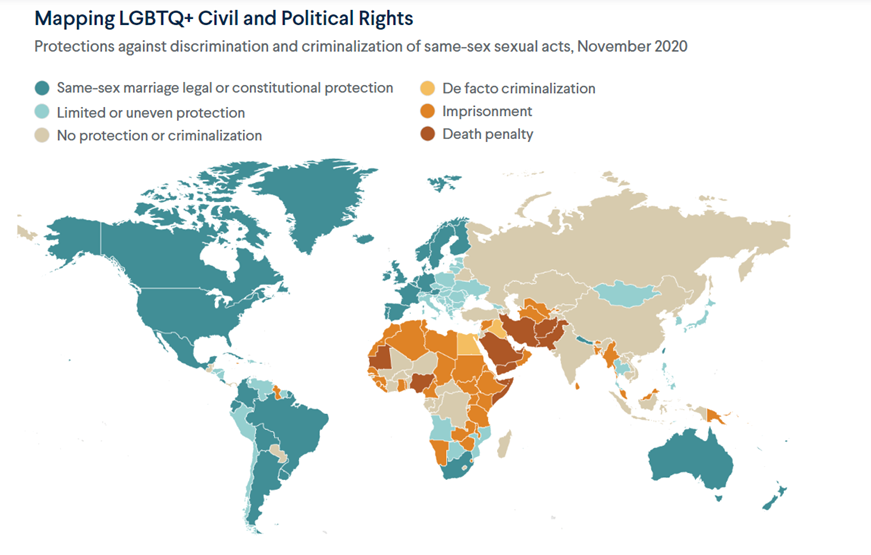
Source: ILGA World; CFR research.
Wow that’s a fantastic achievement – do you think awards like that make a difference?
PYes, I think they do. It’s good to get the recognition and gives you a
platform to do more and attract a more diverse candidate pool. I have been nominated for The LGBTQI+ Inclusion
Champion Award at the DEI Tech Awards. The event aims to provide a safe and supportive space for like-minded
individuals to collaborate, support and champion the differences that make us unique, and ultimately help
businesses to thrive. It gives me an opportunity to highlight the issues we encounter and I feel really honored
to do this and be involved. Two of my colleagues – Roli Agrawal and Elaine Riley– are also up for awards. (Full
results and details are available: here)
What would be your final comment or piece of advice to people reading this article?
PI just want the right to be ignored, after all we should all just be able to
come to work as our best selves and celebrate diversity.
GNobody’s just one thing and that’s what makes us exciting as individuals.
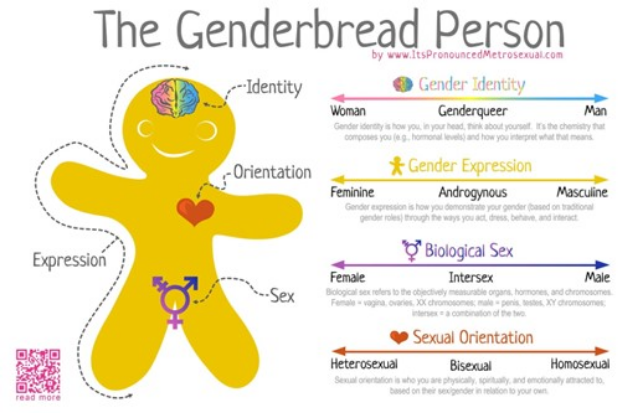
Pragna Tevani
Pragna joined NTT Europe in 2018 to fulfil a service delivery role. She then moved to become Transition
Manager 18 months ago. Alongside this Pragna chairs the UK & Ireland DEI committee for NTT and at the
global level is the lead for Pride Alliance – the LGBTQ+ network across all of Ltd. Pragna is based in
the UK.
Gareth Lewis-Jones
Gareth joined NTT DATA in 2014 when the company was just a handful of employees in the UK. He now runs
consulting for NTT DATA UK & Ireland. His ‘gay’ job, as he describes it, is running the LGBT+ and Allies
network. He helped set up the group seven years ago and took over the leadership role four years ago.
Gareth is now the executive sponsor with colleagues managing the group’s day to day activities.
Related Articles
Wellbeing
Let’s Talk: Sustainability - A ‘Toast’ to brilliant public speaking
Toastmasters International is a non-profit organization that provides
teaching and education in public speaking and leadership skills. Adult
programming is delivered through both public and company-sponsored
clubs—like Toastmasters at NTT DATA.
Nature
Let’s Talk: Sustainability - Saving our soil for a healthier world
Half of the world's soils have reached a level close to desertification because of agricultural soils. In our Asia-Pacific area, one of our VPs is raising awareness about this issue and possible solutions.
Wellbeing
Let’s Talk: Sustainability - Breaking the Bias
Companies that are more diverse and inclusive are 35% more likely to outperform. The mission of this NTT Ltd employee is to ensure greater equality and equity at work for all in the company.
WELLBEING
Let’s Talk: Sustainability - Empowering Female Leadership through Girl Scouts
Girl Scouts is a global movement that provides programs to help girls achieve goals and learn skills from coding to sustainability or becoming future leaders in science.
Nature
Let’s Talk: Sustainability - Addressing the Food Waste Crisis
Luisa Swetlik, from NTT DATA Business Solutions, is helping to address the food waste problem in Germany collecting food that cannot be sold and sharing with the community.
Prosperity
Let’s Talk: Sustainability - Coaching Against Violent Conflict
Bill Zuck, from NTT DATA, was a victim of a troubled past but is now is working with Alternatives to Violence Program to build peace in the home, schools and communities.
Prosperity
Let’s Talk: Sustainability - Getting Back from Giving Back
Nathan Hart transitioned from the cybersecurity to the Global Risk & Sustainability Team at NTT Ltd and now enjoys organizing volunteer campaigns and promoting sustainability.
Wellbeing
Let’s Talk: Sustainability - Life and Death
Maurice Ripp, from NTT DATA DACH, encourages a more open dialogue around death and connect people as they learn to manage grief and the mental struggles that death can induce.
Prosperity
Let’s Talk: Sustainability - Enabling Resilience in the Elderly
Gaurav Oberai NTT Ltd is a committed volunteer in a charity called The New Charis Mission to support the lonely elderly population in Singapore.
Wellbeing
Let’s Talk: Sustainability - The NTT Ltd Mental Health Avengers
NTT Ltd UK&I last year took the initiative to set up a brand-new program called The Mental Health Avengers (MHA) to break down the stigma attached to mental health.
Nature
Let’s Talk: Sustainability - Plastic Warriors Clean Cornwall’s Beaches
During the pandemic, Lisa Pendlebury from NTT Ltd, re-evaluate her life choices and began volunteering with The Beach Guardians, to hold the beaches clean from litter and plastic.
Nature
Let’s Talk: Sustainability - Exercise with a Difference - Plogging
Monika Guida, from NTT Europe, promotes between NTT employees to plogging, a relatively new eco-friendly exercise that combines jogging or brisk walking with picking up litter.
Nature
Let’s Talk: Sustainability - Restoring a Biosphere Reserve in India
Gadhu Sundaram, from NTT DATA, is fighting climate change at a UNESCO Biosphere Reserve, restoring the natural ecosystem of an area in the south of India.
Wellbeing
From Catering to Cloud - Finding New Talent from Unlikely Sources
Combining a commitment to building a more diverse workforce while fulfilling a business need to access a digital talent pool, NTT DATA UK embarked on a brand new hiring adventure.
Prosperity
The Gift of Giving at Christmas
Every year at NTT DATA Munich, the employees have the opportunity to make a children’s wish come true. Learn more about this inspiring initiative from Inga Simon.
Wellbeing
Let’s Talk: Sustainability - Creating A Community Of Change Leaders
Employees at NTT DATA have been keen to join the NTT DATA / Environment / Sustainability / Technology (NEST) action group led by Fernanda Gallardo to make a sustainable difference.
